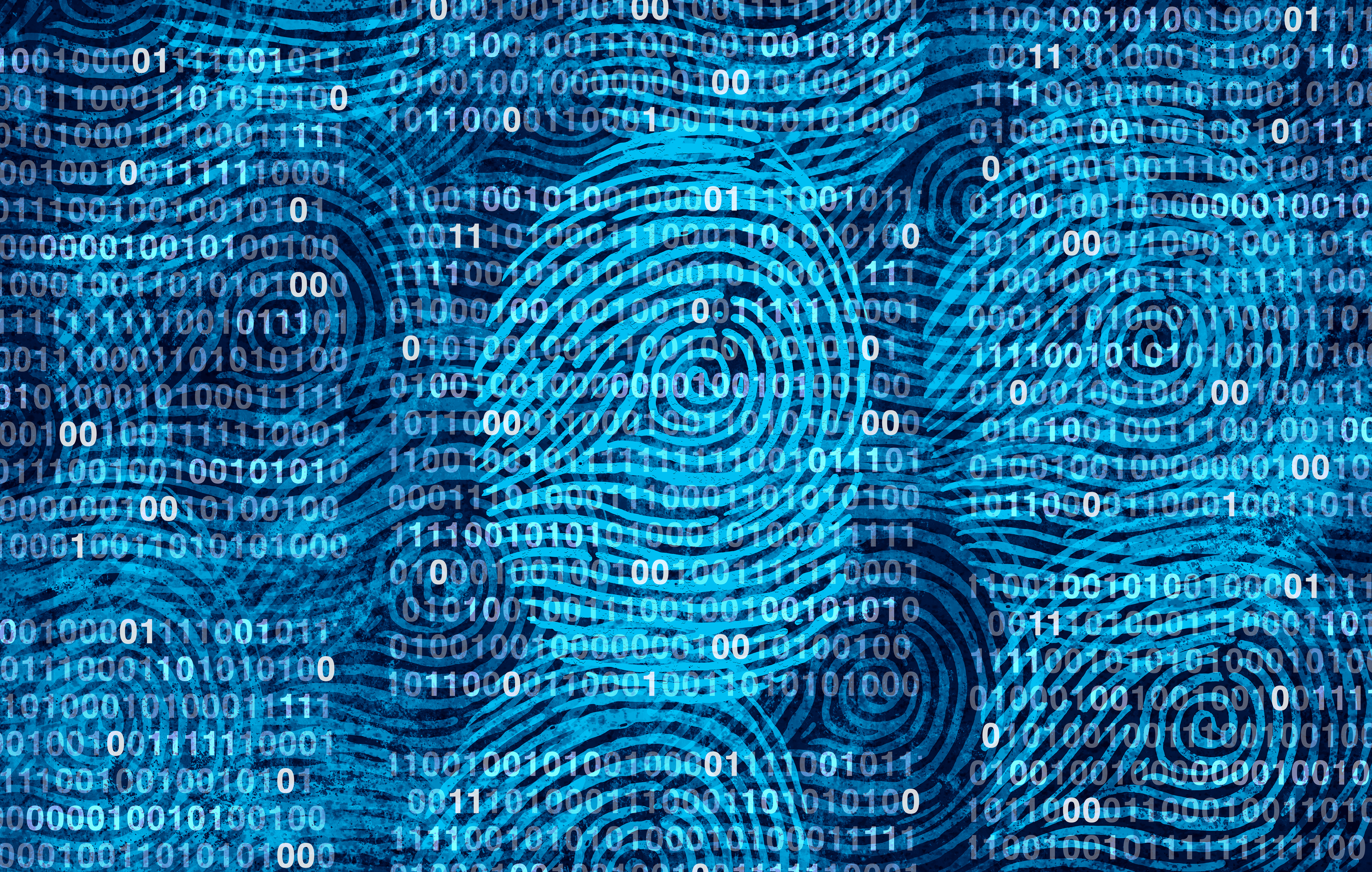Genetic Justice: Identity and Equality in the Biotech Age
By Katie Hasson and Marcy Darnovsky,
Development Journal
| 01. 14. 2020
As genetic technologies merge with forensics, medicine, and human reproduction, renewed eugenic temptations are arising. The prospect of heritable genetic modification has been debated for decades; the prevailing position in international policy and human rights documents has been that, due to its numerous safety and social risks, it should be legally off limits. The question is now at a tipping point. With decisive action, we can avoid this threat to the future of equality.
Related Articles
By Alex Polyakov, The Conversation | 02.09.2026
Prospective parents are being marketed genetic tests that claim to predict which IVF embryo will grow into the tallest, smartest or healthiest child.
But these tests cannot deliver what they promise. The benefits are likely minimal, while the risks to...
By Steve Rose, The Guardian | 01.28.2026
Ed Zitron, EZPR.com; Experience Summit stage;
Web Summit 2024 via Wikipedia Commons licensed under CC by 2.0
If some time in an entirely possible future they come to make a movie about “how the AI bubble burst”, Ed Zitron will...
By Arthur Lazarus, MedPage Today | 01.23.2026
A growing body of contemporary research and reporting exposes how old ideas can find new life when repurposed within modern systems of medicine, technology, and public policy. Over the last decade, several trends have converged:
- The rise of polygenic scoring...
By Daphne O. Martschenko and Julia E. H. Brown, Hastings Bioethics Forum | 01.14.2026
There is growing concern that falling fertility rates will lead to economic and demographic catastrophe. The social and political movement known as pronatalism looks to combat depopulation by encouraging people to have as many children as possible. But not just...




